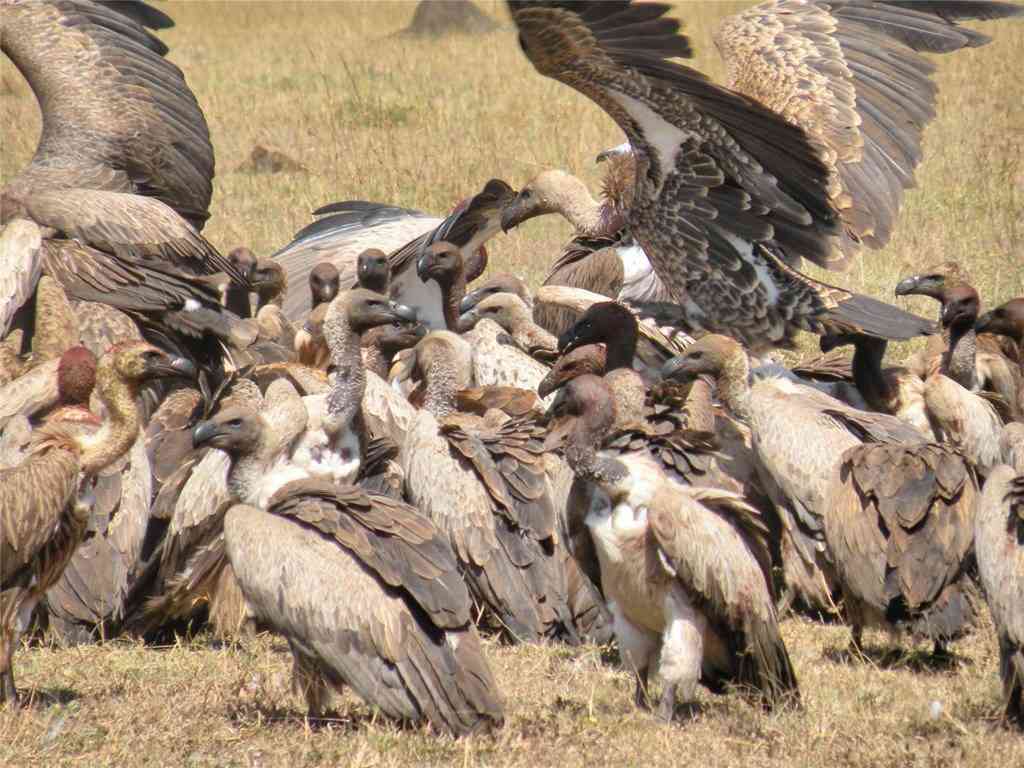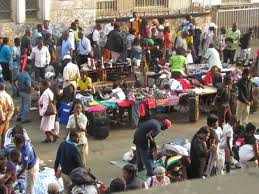
A NEW report documenting the economic value of ecosystem services provided by African vultures has revealed an alarming decline in the species, with populations plummeting by 80-97% over the last five decades.
The report on African vultures in southern Africa prepared by BirdLife International estimates that birds in the region provide US$1,8 billion worth of ecosystem services annually.
According to the report, which focused on Botswana, Zimbabwe and Zambia, vultures provide ecosystem services including bequest values, sanitation and pest control services to human health valued at US$93 million per year in the three countries.
Africa is home to 11 species of the vulture with seven facing the risk of extinction. They are also listed as vulnerable, endangered or critically endangered species on the International Union for Conservation of Nature Red List.
“Vultures, essential for maintaining ecological balance by scavenging on decaying carcasses, have experienced alarming declines, with the African vulture populations plummeting by 80-97% over the last five decades, with some species facing a decline of over 92%.
“The main threats include poisoning (responsible for 61% of recorded vulture deaths across Africa); belief-based use (29%); and electrocution by energy infrastructure (9%). Halting and reversing these declines is imperative to prevent vultures from becoming extinct,” Birdlife International said.
In southern Africa, the report said, widespread poisoning of vultures through secondary poisoning incidents via carcasses of mega-herbivores and “for belief-based use pose a severe threat to vultures, with incidents such as the mass poisoning in Botswana in 2019, resulting in the death of over 500 critically endangered vultures”.
“Other threats in the region include collision and electrocution by energy infrastructure and habitat destruction, among others. The adverse decline of vultures in Asia in the 1990s due to the presence of diclofenac in carcasses provided a window into a catastrophic scenario without vultures and the impact of the loss of the ecosystem services they provide,” the report said.
- African vulture faces extinction: Report
Keep Reading
It further highlighted other values associated with vultures including the economic value accruing to communities coexisting with them and tourism players.
According to the report, welfare loss due to not taking action to conserve vultures is equivalent to approximately US$47 million per year, whereas the welfare gains from conserving vultures equate to US$30 million annually.
BirdLife International's head of conservation for Africa Matthew Lewis said the decline of vulture populations across the continent was, indeed, worrying.
“This ground-breaking study on the economic value of vultures in the southern Africa region is crucial in advancing conservation efforts. BirdLife and Partners will continue to collaborate with stakeholders in the region to turn the tide for vultures in southern Africa,” he said.
Leeroy Moyo, the BirdLife Zimbabwe preventing extinctions programme manager, said the report was intended to support policy advocacy for vulture conservation.
“It seeks to enhance awareness among local communities and stakeholders regarding vultures' essential role in maintaining ecosystem health and promoting human well-being.
“By integrating these findings into national conservation strategies, we aim to continue mitigating threats such as poisoning, habitat loss and illegal trade, thereby ensuring a sustainable future for vulture populations in Zimbabwe and the ecosystems they support,” he said.
BirdLife is the world’s largest conservation partnership with over 10 million members and supporters and over 123 national partners worldwide (27 in Africa) — one per country.
In Zimbabwe, a not-for-profit nature conservation organisation promotes the survival of birds and biodiversity in the country for both their intrinsic value and the benefit of future generations.











